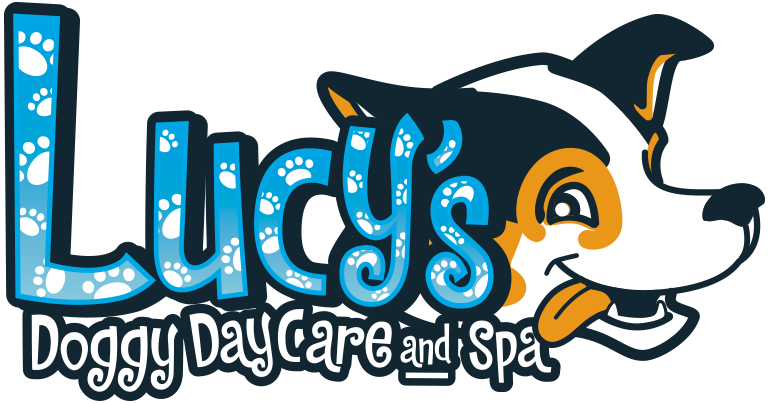What is Conjunctivitis
Conjunctivitis is a common eye infection that affects the mucous membrane called the “conjunctiva”, which covers your pup’s eye and eyelids. The conjunctiva is very similar to the lining of the pup’s nose or mouth, and it acts as a protective barrier against infections and foreign objects. When the conjunctiva becomes infected or inflamed the condition is called conjunctivitis, however, the condition is more commonly known as ‘pink eye’. Nearly all pups will make a quick and full recovery from conjunctivitis. It’s important to note that early treatment is the key to avoiding further complications.
Causes of Conjunctivitis in Pups
Your pup may develop conjunctivitis for a variety of reasons such as allergies, viral infections, irritation from foreign bodies, tear film deficiency or tumors. It can also develop due to eye abnormalities, eye injury, tear duct obstruction or parasites. Some underlying eye conditions such as ulcerative keratitis, glaucoma, or anterior uveitis may also lead to conjunctivitis in dogs, as can breed specific conditions such as nodular episcleritis in collies.
Symptoms of Conjunctivitis in Dogs
If your pup is suffering from conjunctivitis, their eye or eyes will be very uncomfortable and likely very itchy. Your pup may show symptoms such as blinking, squinting, or pawing at their eye. A clear or green discharge from the eye can also be a sign of conjunctivitis in dogs, as can redness in the whites of the eyes, and red or swollen eyelids or in the area surrounding the eye. Both eyes can be affected if it is allergies or a viral infection.
If your dog is showing signs of conjunctivitis, even if symptoms seem very mild, contact your vet for an appointment. If left untreated, conjunctivitis could lead to permanent eye damage.
Treatment for Dogs with Conjunctivitis
Treating your pup’s conjunctivitis will depend upon the underlying cause of the condition. Following a thorough eye examination, your vet will determine the cause and recommend the best treatment for your pup. This may include antibiotics; eye drops or an antihistamine to help make them comfortable and get on the road to recovery.
If you notice that your pup is persistently pawing at their eyes while they are being treated for conjunctivitis, it may be necessary to have your pet wear a cone or Elizabethan collar to prevent further eye irritation and allow the eye to heal.
Spreading Conjunctivitis
Many people wonder if they can catch conjunctivitis from their dog. It’s very unlikely that it will spread to you, but there is a slight possibility if the cause of your pup’s eye condition is a parasite, such as roundworms. However, the viral infection that causes conjunctivitis is usually quite contagious to other pups and can take 3 to 4 weeks to fully resolve.
What Does Lucy’s do to Minimize the Risk of Conjunctivitis?
The Lucy’s Team makes it a priority to thoroughly disinfect and sanitize the facility, parks, runs/suites/kennels, blankets and food/water dishes daily. If we identify a pup exhibiting any symptoms, we work to quickly quarantine them and notify the pup’s parents so they can be picked up and begin treatment with their vet. We also screen all boarding clients with a questionnaire inquiring if their pup has exhibited symptoms associated with Conjunctivitis in advance of their visit.
For more information on Conjunctivitis, please click here or consult your pup’s veterinarian.
Please Note: If your pup has had any of these symptoms, even if they have recovered, please inform your primary Lucy’s front desk team so they can track the occurrence. We also ask that you please don’t bring your pup for a minimum of three weeks from the onset of the clinical signs mentioned and one week after the symptoms have resolved.
For more information on Lucy’s policies and the acknowledged risk associated with boarding, grooming, or interactive daycare, please click on the Lucy’s Service Agreement.

